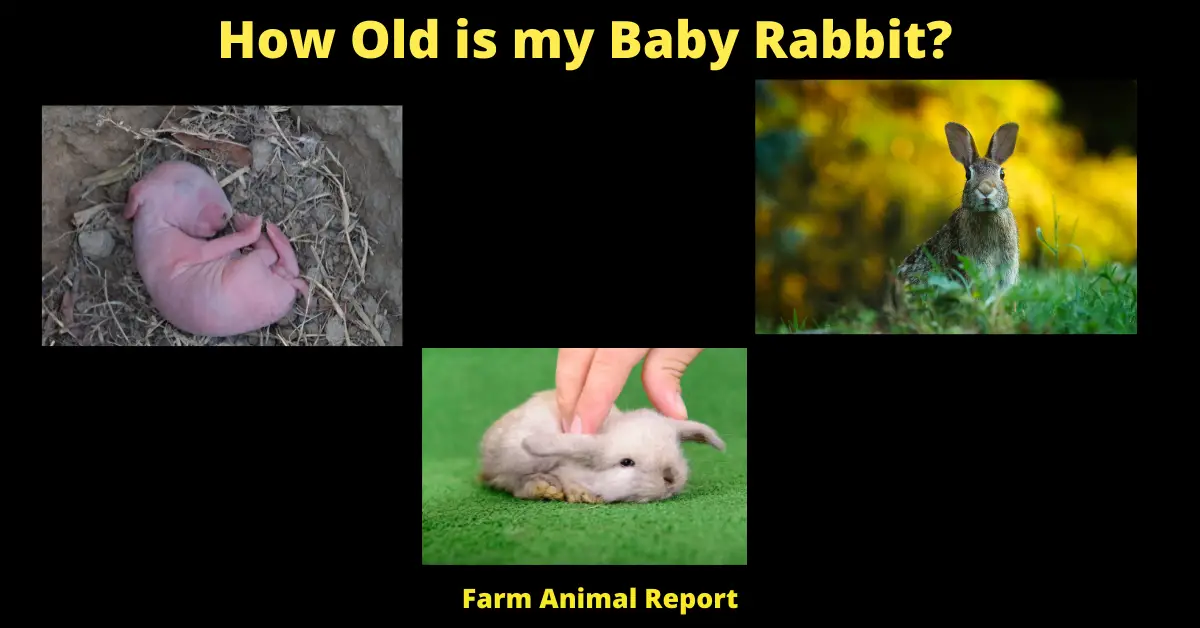As a general timeline 1) Birth – no hair, eyes closed 2) 3 weeks – eyes open 3) 4 weeks walk on hind legs 5) 8 weeks – weaned 6) 2 months rabbit sexual maturity 7) Domestic Bunnies lifespan 7-12 years 8) wild lifespan of 1 Year
When do Baby Rabbits get Teeth?
It can be difficult to know how old your baby rabbit is. How do you tell the difference between a young and an adult rabbit? How many months does it take for rabbits to get their permanent teeth? How long does a baby bunny grow before reaching adulthood? The lifespan of rabbits is usually between seven and twelve years.
As a General Rule:
1. Baby rabbits are born without hair
2. A baby rabbit’s eyes will open at around three weeks old
3. They can walk on their hind legs by the time they are four weeks old
4. At six to eight weeks, a baby rabbit is fully weaned and ready to be independent
5. It takes about two months for a young rabbit to reach sexual maturity
6. Rabbits live up to 7-12 years in captivity – but the average lifespan of a wild bunny is just one year
Age By Rabbits Teeth
How Old is my Baby Rabbit? – The best way to know how old your baby rabbit is is by looking at its teeth. How many molars does the bunny have? One year of age brings two permanent front incisors (the smaller ones) for each side in the upper jaw; one on the outside, another right behind it on the inside. The lower jaw has two smaller incisors on the outside and three molars, each behind a single front one (on both left and right sides).When do Baby Rabbits get Teeth?
By this age, rabbits will weigh around 700 grams (or about 25 ounces) for females; while males are usually heavier at 900-1000g (35–40 oz), and this is already considered an adult weight.
At six months, rabbits will get their full set of teeth and start to look like little adults; so you can expect them to grow up until the age of one year old (or more). How long does it take for a baby rabbit to reach adulthood? Between four and five months! Of course, this all depends on the breed, too.
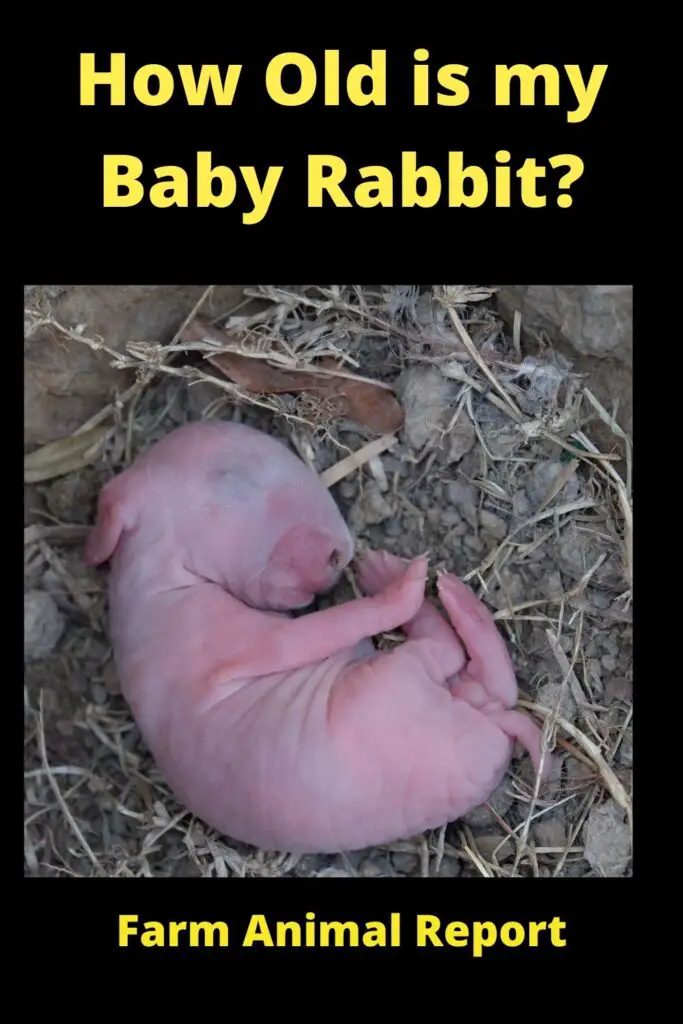
Baby Bunnies Characteristics ( Less Than 3 Months)
Bunnies are not considered “babies” for the first eight weeks, so they do not have to be handled by humans. If you find a baby bunny in your yard that is less than three months old, leave it alone! They will still need you once they reach the age of four weeks and begin to become more active.
If you are still concerned about the bunny, feel free to set up a habitat for them in your backyard so they have food and water readily available until they can be moved to an appropriate location.
Chewing
As baby Rabbits’ teeth grow in, they will begin to chew on anything and everything. This behavior is completely normal as their teeth grow straight through the gums with no enamel covering them which means they need something hard for the back of their molars to rub against so that they can continue to develop properly.
Another reason Rabbits like chewing things such as socks is because of the salt and minerals in them. Rabbits get these things from the grass so if they are deprived of access to it, chewing on other items is a way for them to try and supplement what their bodies need (but we do not recommend this).
If you find your Rabbit has chewed something that did not belong to him please remove it and do not punish him for it. Punishing a Rabbit for this behavior will only make the situation worse!
Litter Box accidents
A Baby Rabbit is likely to have a few accidents in the house just like any other new pet. One of the reasons that this can happen is because they often learn bad habits from their mothers and siblings while living in cages at the breeders or pet stores.
The best way to handle these situations is by cleaning up after your Rabbit immediately and providing them with an appropriate place to go to the bathroom inside like their litter box.
Another great way of teaching your Rabbit where it is appropriate to use the bathroom indoors (especially if you have an outdoor pen) is by placing hay in one corner and putting their feces in another so they can get used to eating where they eliminate which will eventually lead them to understand that they are supposed to go in one place and eat in another.
Adolescent Rabbits Characteristics ( 5-12 Months )
The characteristics of adolescent rabbits depend on age. An Adolescent rabbit is typically anywhere between five months to twelve months old. During adolescence, their teeth grow quickly and they tend to chew more than adult rabbits making them need more enrichment in the form of toys or other objects that will keep them busy while you are away from home.
They are like a teenager in many ways.
They can be very headstrong and maybe a little naughty. They may try to escape from their cages, chew on your belongings or furniture, dig holes in your yard if they are allowed outside of the cage/hutch, get into fights with other rabbits which usually results in one rabbit being injured sometimes even resulting in death due to excessive blood loss.
They can be a little obsessive about things they like, chewing and digging are common behaviors in adolescent rabbits. They may also start spraying urine around the house which is another very strong instinctive behavior from their wild ancestry when marking their territory so other animals don’t come near it. Adolescent bunnies will have an increased appetite due to their adolescence, sometimes it can be difficult to keep your bunny’s weight under control.
Adolescent rabbits are full of energy and have a lot of pent-up emotions after being cooped up in small cages so they will need more time outside the cage for exercise than adult rabbits would typically require. They also love playing with water which can be a lot of fun for both you and your bunny.
Adolescent rabbits can be very entertaining to watch as they are growing up, but sometimes their behavior might get out of hand if not taken care of in the right way. You will need to know what is appropriate when it comes to playtime with your rabbit so you don’t encourage unwanted behaviors.
Adolescent rabbits can be hungry at times, so they should have access to freshwater all the time and some hay as well. They will need more vegetables than adult rabbits do because their diets are higher in Fibre compared to adults. You might also want to give them a few treats every now and then for being good during playtime.
If a rabbit continues to chew your things, you should try and stop the behavior by not giving them access to it anymore. You can also provide other objects that they will be able to chew on without causing damage such as cardboard boxes or wooden toys which are available from many pet stores. If there is something chewed up in the cage, you should remove it and replace it with something that they can chew on instead.
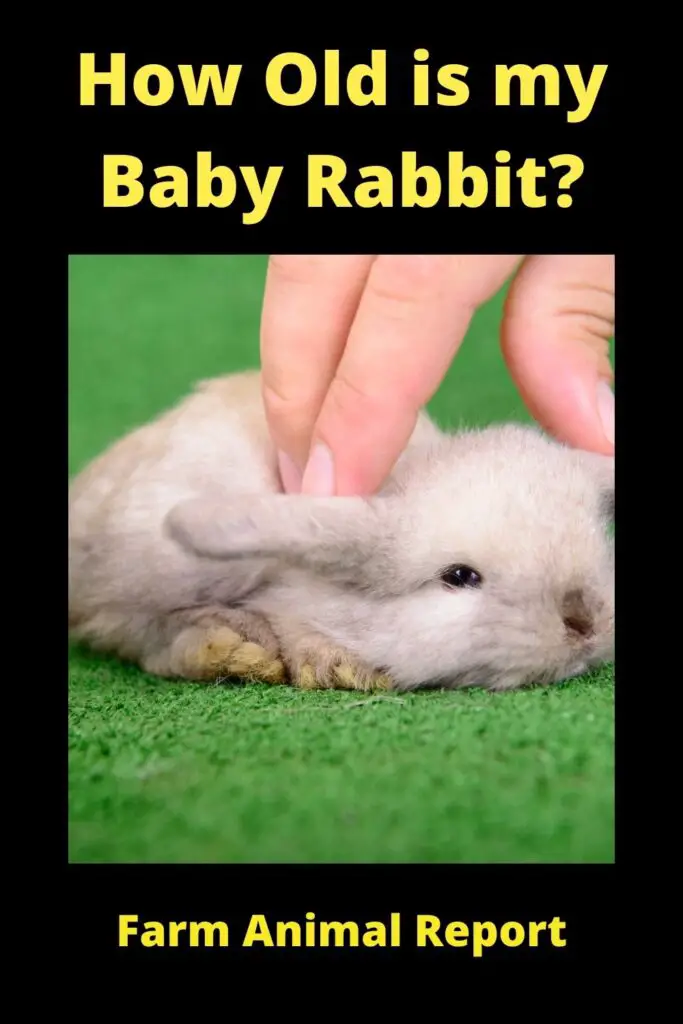
Changing Hormones
During this phase, teenage bunnies will be surging with hormones and will need their own place to live while going through this phase.
Their hormones are raging and they may be a little grumpy, so keeping them separate from other rabbits or family pets that can get hurt is important during this time.
Digging
They will want to do a lot of digging while going through puberty, if they are in an outside hutch then you should give them a digging box so they can dig to their heart’s content.
Inside the cage, you can put objects that will be fun for your rabbit to chew on and help reduce any unwanted behaviors such as chewing on wires or furniture inside of your home. You can also use a digging box inside the cage for your rabbit to dig in.
A cardboard box filled with hay can be fun for them to explore and make their own little “burrow” where they can go when it’s playtime or time to sleep at night. You should remove anything that is not edible from the hutch/cage before you go to bed every night.
This will provide them with a more secure place where they can feel safe and not be as likely to chew on anything that is yours, such as furniture or wires which could cause damage. You should make sure you give your rabbit plenty of toys like this so they don’t get bored and start chewing on things instead.
Spraying Aggressiveness
The Young rabbits will like to mark out their territory with urine, this is an instinctive behavior that aids sexual arousal. If your rabbit starts to show signs of aggressive behavior or if another animal comes into the cage then it’s time to separate them for a while until they calm down again.
You can move your teenager out temporarily so they have more room and don’t feel trapped in the cage.
Spraying urine is perfectly normal behavior for rabbits, but it can be an indication of other problems too which you should look out for if your rabbit begins to show signs of spraying. If they are doing this inside the hutch/cage then something might have changed in their environment or routine that has caused them some stress so try and find out what it is that has made them feel this way.
If your rabbit continues to spray urine everywhere or you notice anything different with their behavior then you should take them to the vet for a checkup as soon as possible because something might be wrong with them.
Territorial
A teenage rabbit can be very territorial, especially during puberty which is why you might need to place them in separate hutches or cages so they can’t fight.
If you have more than one rabbit then it might be a good idea to place them in separate cages so they can’t hurt each other while going through adolescence. This is normal behavior for rabbits during this stage, but if your teenage bunny starts showing signs of aggression or starts spraying urine then you should separate them into different hutches/cages to prevent any fighting or injuries.
Adult Rabbits Characteristics ( 1 Year and Older)
Adult rabbits reach their full size at the age of 12 months. Their life expectancy is between seven to twelve years depending on several factors such as diet and living conditions, but also genetic predispositions.
They can get up to a weight of around four pounds (lbs) Rabbits are crepuscular animals which means they are most active at dawn and dusk but can be seen active during the day. They have a lifespan of between seven to twelve years.
Personality Smooths Out
Their personality smooths out once they are an adult. They may still be a little skittish at first, but given time to get used to their surroundings and human interactions the more comfortable they will feel around you.
Adult Rabbits Characteristics (up to 12 months) Adult rabbits typically reach between 18-20 inches in height when fully grown while weighing up to roughly three pounds. Their life expectancy is between five and eight years depending on how well they are taken care of, but also their genetic predispositions.
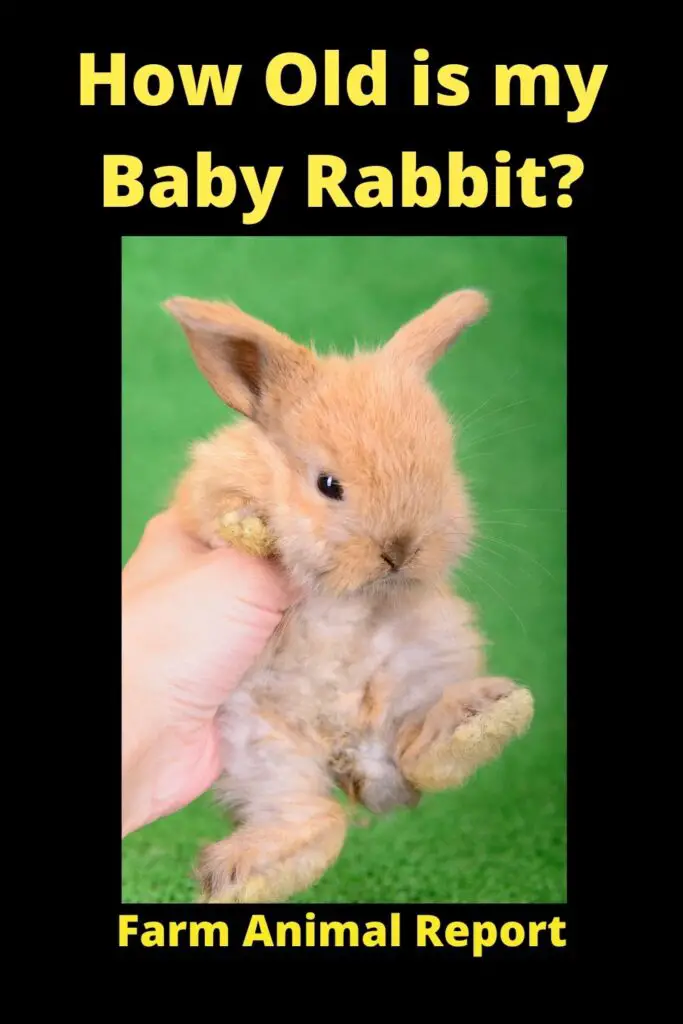
Learning Ability
Adult Rabbits are very smart and agile. They are able to learn the location of their home and can easily find it when they want to return.
They can be trained to use a litter box and will learn their name as well.
They can also be taught tricks like shaking hands and even standing on two legs if you wish to teach them!
Litter Training is easier for adult rabbits than for young ones. They can be trained to use a litter box and will learn their name as well.
Senior Rabbits Characteristics ( 4 Years and Older )
Senior rabbits will be naturally calmer and easier to handle than younger rabbits.
They will be more sedate, but they still love their daily exercise time outside of the cage. Rabbits can also get grumpy as they age; socializing with people and other animals on a regular basis is essential for keeping your senior bunny happy and healthy. You may notice that your senior rabbit is not as playful and frisky as it used to be, but that doesn’t mean your bunny can’t play. Even older rabbits enjoy hopping around the room or playing with toys.
They may be spending more time sleeping but that doesn’t mean you can neglect them. They still need attention and daily exercise to keep healthy.
They may also be more sensitive to warm temperatures, so make sure they have a nice cool place in your home to relax when it’s hot out or if the air conditioning isn’t working properly.
Be prepared for an older pet rabbit to require more frequent visits to the veterinarian. Senior rabbits are at a higher risk for health problems than younger bunnies aren’t, so make sure your vet is aware of all medications you’re giving them and any other conditions they have before beginning treatment.
Senior bunnies will also need their litter box changed more frequently than younger ones because older animals tend to have a harder time getting around and this can lead to accidents.
Be aware that some bunnies may develop behavior problems as they age, such as becoming grumpy or even biting more frequently.
It’s important for both you and your senior bunny not to get discouraged if their habits seem different from when they were younger. Just like humans, senior rabbits need love and attention to stay happy.
18 Ways to Make Money by Rabbit Farming—Extensive Guidelines for Rabbit Farmers
Diet Changes for Senior Rabbits Senior
You need to adjust the diet for your bunny when they get older. The digestive system of the Senior rabbit slows down, so change their diet to match that slower metabolism.
Senior rabbits need high fiber and low-calorie food sources because they are less active than when younger. This is also good for weight management as seniors can become obese easily which leads to other more serious health problems including heart disease and joint pain.
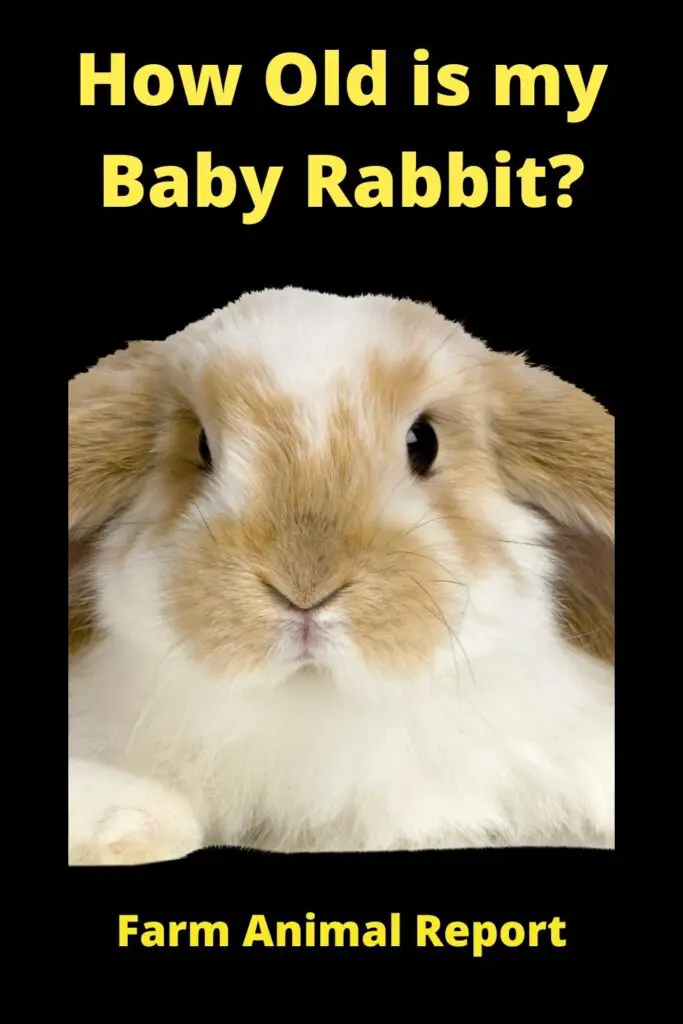
Change to Senior food: There are many different brands of senior rabbit food, so it’s important you do some research to find the best one for your bunny. You can also always check with your local veterinarian if they have any recommendations based on their professional experience with bunnies in general or yours specifically.
Final Thoughts
Rabbits are wonderful animals to have as pets, but they require a lot of time and attention to stay happy.


